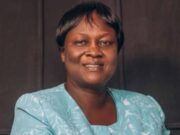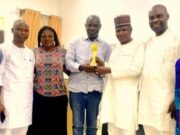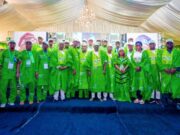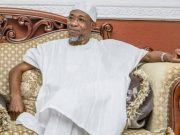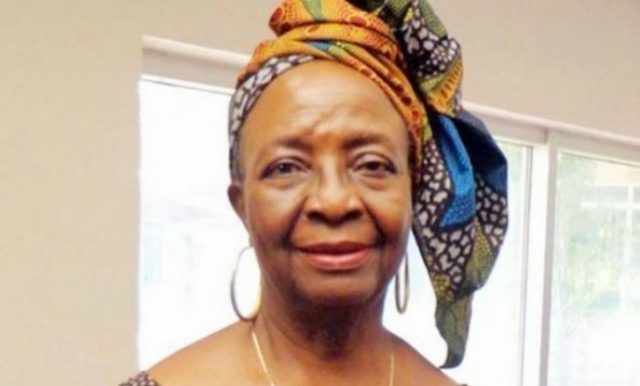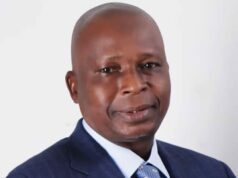The National President of the Society of Young Nigerian Writers (SYNW), Wole Adedoyin on Friday said he received with shock and sadness the news of the sudden death of Prof. Molara Ogundipe, the author of Sew the Old Days and Other Poems, 1985.
This was contained in a press statement issued and signed over the weekend in Osogbo, the state capital of Osun State.
Prof. Molara Ogundipe was a Nigerian poet, critic, editor, feminist and activist. Considered one of the foremost writers on African feminism, gender studies and literary theory, she was a social critic who came to be recognized as a viable authority on African women among black feminists and feminists in general. She contributed the piece “Not Spinning on the Axis of Maleness” to the 1984 anthology Sisterhood Is Global: The International Women’s Movement Anthology, edited by Robin Morgan. She is most celebrated for coining the term STIWA or Social Transformation in Africa Including Women.
Wole Adedoyin said he believed that Prof. Molara Ogundipe would live long in the memories of those who were privileged to know her as a scholar, critic, educator and activist who is recognized as one of the foremost writers on African women and feminism. He further described Prof. Molara Ogundipe as a fountain of knowledge and professional expertise.
SYNW finally prayed Almighty God to grant her eternal rest and the family the fortitude to bear this irreparable loss.
Prof. Abiodun Omolara Ogundipe was born in Lagos, to a family of educators and clergy. she graduated (BA English Honours) as the first Nigerian with a first-class degree from the University of London. She later earned a doctorate in Narratology (the theory of narrative) from Leiden University, one of the oldest universities in Europe. She taught English Studies, Writing, Comparative Literature and Gender from the perspectives of cultural studies and development at universities in several continents, and was also a Professor of English and Comparative Literature at the University of Port Harcourt, Rivers State Nigeria. She rose to prominence early in her career in the midst of a male-dominated artistic field concerned about the problems afflicting African men and women.
Molara Ogundipe “is at the forefront of the theoretical dynamism which is unfolding within African feminism. She has a powerful and deeply ingrained cultural understanding of the dynamics of gender relations in the pre-colonial and colonial Yoruba society as a pivot for theory”, Over the years, she was a critic of the oppression of women and argued that African women are more oppressed in their status and roles as wives. In view of their multiple identities, in some of which identities they enjoy status, privilege, recognition and agency. She criticized the plight of African women as due to the impact of imposed colonial and neo-colonial structures that often place African males at the height of social stratification. Their plight is also due to the internalization of patriarchy by African women themselves. She, however, insisted on an understanding of the complexity of the statuses of African women in their pre-colonial and indigenous cultures for any useful discussion or study of African women.
Molara Ogundipe was in the leadership of feminist activism and gender studies in Africa for decades. She was the Founder and Director of the Foundation for International Education and Monitoring, which is dedicated to teaching young women the doctrine and virtues of feminist theories and gender equality.
She lived and worked in West Africa, where she set up writing centres at universities, in addition to her work on literature, gender and film, in contribution to her commitment to inter-generational education and mentoring.
She died at the age of 78 in Ijebu-Igbo, Ogun State, Nigeria, in June 2019.
Packaged by Mariam Azeez







